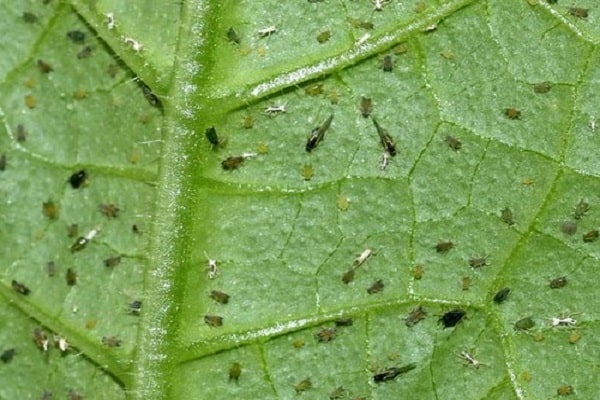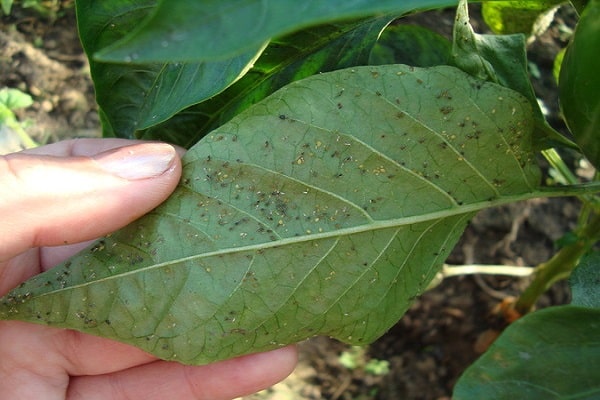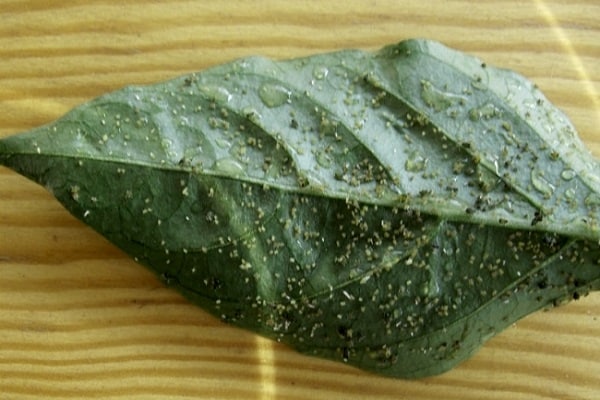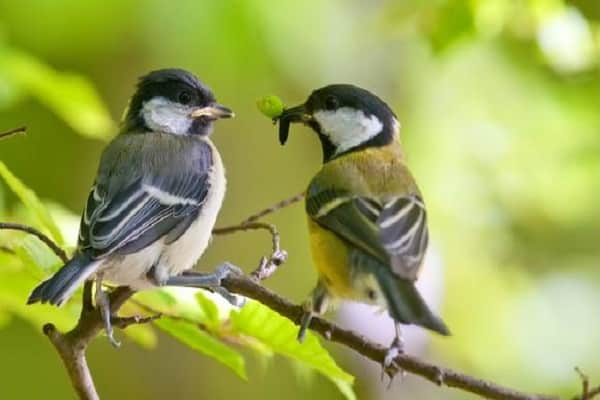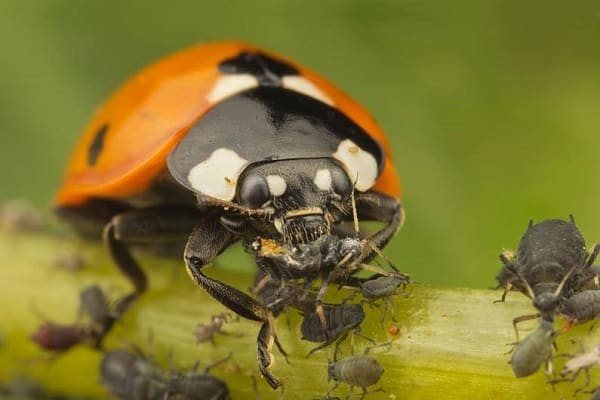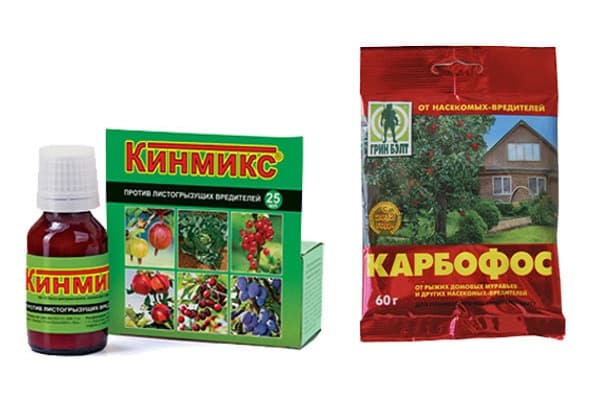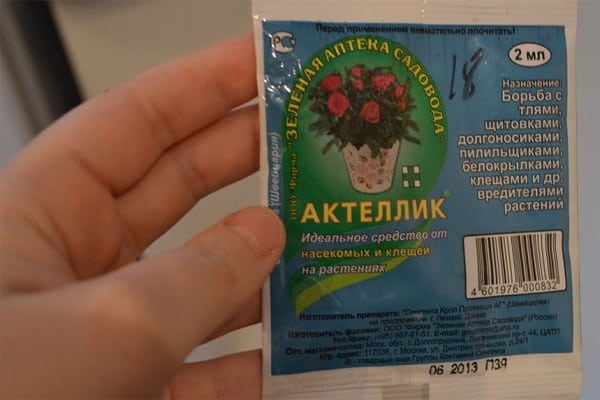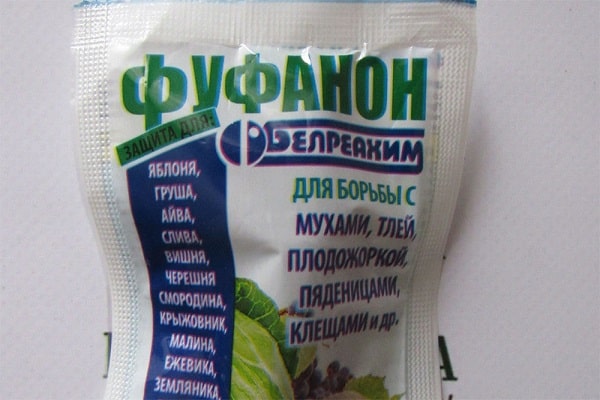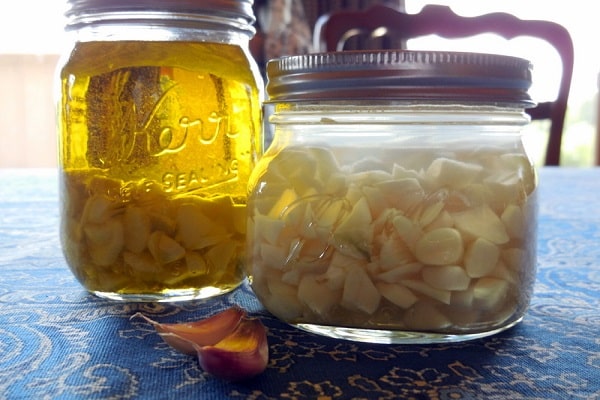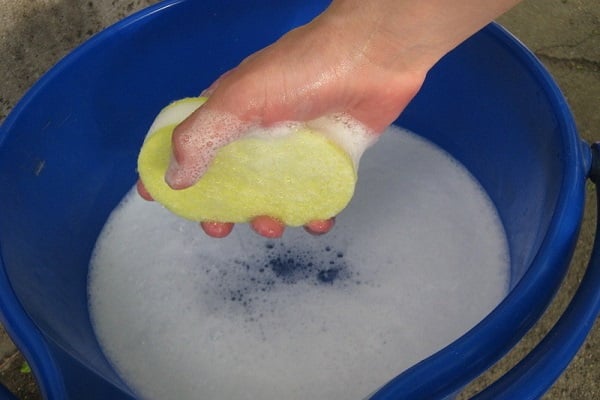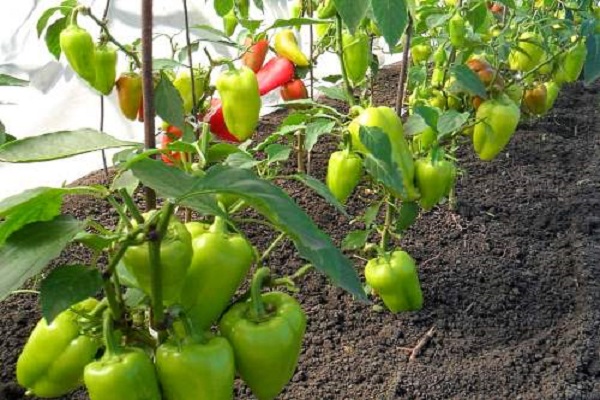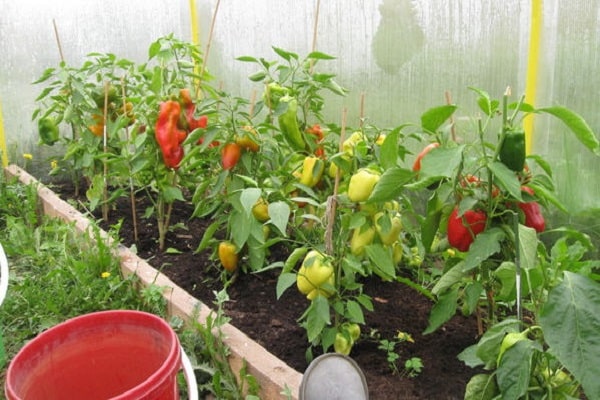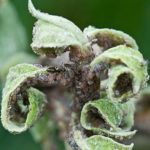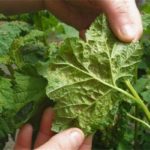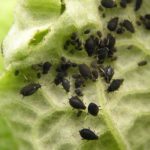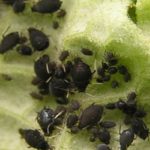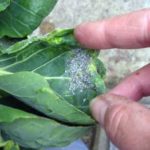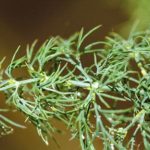The question of how to deal with aphids on pepper seedlings worries many gardeners. The fact is that the juicy shoots of this vegetable are a favorite treat for aphids.
At the same time, radical methods of control using strong chemicals cannot always serve well. Treatment with toxic drugs can harm the plants themselves and ruin the harvest. The situation is also ambiguous with ants, which coexist in deep symbiosis with aphids. They can be harmful to plants, but they also bring tangible benefits, driving away many types of parasites, such as mites, from the site.It is undesirable to destroy ants, but they are the ones who spread aphids across plant leaves, protect them from other insects and hide them in hives for the winter. What to do in this difficult situation?
Let's try to figure out how to save peppers from extinction if aphids appear in the garden, without disturbing the balance of the ecosystem of your garden or greenhouse.
How to determine the presence of aphids on plants
You need to carefully examine the leaves on the pepper seedlings. Aphids on peppers in a greenhouse or in a vegetable garden reveal themselves by characteristic signs:
- The leaves on the shoots began to curl and dry out. This is an indication that the emerging aphid is drinking the sap of the plant;
- whitish streaks of honeydew, secreted by aphids, appear on the leaves;
- the pepper is covered with thick sticky mucus, which glistens when exposed to sunlight;
- if you bend the edge of the affected leaf and look at its reverse side, you can see adult insects and their clutches of eggs.
After it has become obvious that there are aphids on pepper seedlings, you need to choose the most appropriate method of combating it.
Mechanical impact
The easiest way to control aphid populations is to manually remove the insects from affected leaves. You can use a stream of cold water for this purpose. It is also advisable to remove leaves affected by aphids.
Unfortunately, this method does not completely eliminate the parasite. Aphids on pepper seedlings multiply at an incredible speed, and no one has enough time and energy to inspect all the plants every day. Insects and their clutches fall into the ground, from where they again climb onto plants and begin their harmful activities.
Important! Aphid eggs can remain preserved in the soil for up to two years.
Biological effects
The pest has many natural enemies, both among birds and insects. You can take advantage of this by attracting them to your site using bait. The following predators will help destroy aphids.
Among the birds that destroy aphids are tits, wrens, warblers, linnets, wrens and sparrows. In order for them to visit your garden more often, you need to place feeders, water bowls and bird houses in close proximity to the pepper seedlings.
Insects that most effectively fight aphids are chafers, wasps, ladybugs, predatory bugs, ground beetles, and lacewings. In order for them to appear in the garden, you need to plant plants in the garden that give off a spicy smell. Such plants include parsley, dill, cloves, nettles, and carrots.
Regulating the pest population through biological action makes it possible to control aphids on peppers both in the garden and in the greenhouse. However, for this mechanism to start working, you need to spend a lot of time on preparation. Therefore, it is necessary to plan its implementation long before the pepper is planted in the ground, otherwise the aphids will have time to destroy the crops with complete impunity before fruiting begins. In addition, this method only works on open ground; greenhouse crops do not allow its use.
Important! Bioinsecticides are an effective way to control aphids.
Use of chemicals
To get rid of aphids, you can use any drugs that contain a neonicotinoid, pyrethroid or organophosphorus compound. Before using the product, it is important to carefully read the instructions. The fact is that the substances are toxic to humans, and if they are used to fight aphids on peppers in a greenhouse, this requires the mandatory use of a respirator.The following classification of remedies for aphids on pepper seedlings is currently accepted.
Artificial drugs include a wide range of products from various manufacturers. Something new is constantly appearing on the market. They represent a radical way to combat garden fauna and can kill all living things on the site. If used excessively, chemicals can both get rid of aphids and poison the soil. Once they enter the plant's circulatory system, they can make the crop unsuitable for consumption and sale.
It is recommended to carefully read the instructions, which give recommendations on how and with what to treat aphids on peppers. It is important to accurately observe the volumes of the drug applied to the soil and seedlings so that the toxic mixture treats as small an area of crops as possible. Also, such substances should only be used if parasites are massively attacking the area. The most popular are Fury, Actellik and Fufanon.
How else to treat peppers against aphids so as not to harm the plants? A compromise option is bioinsecticides. They are less aggressive to the external environment and are based on natural components that can protect plants that have been attacked by aphids. Fitoverm can be considered the most famous representative. When used correctly, it allows you to grow the healthiest and most useful peppers on your site. However, the same precautions should be taken during pollination as with artificial chemicals.
Despite the fact that chemicals effectively fight aphids, they must be used alternately. Insects quickly adapt and develop immunity to them. It is advisable to process the seedlings in dry and windless weather in the evening. This process needs to be repeated every 10–14 days.
Folk remedies to combat aphids
Gardeners have empirically identified many ways to protect seedlings attacked by aphids. To do this, improvised means are used to combat aphids on peppers in a greenhouse. Their advantage is the low cost of the components and the ease of preparing the composition at home. In addition, these methods are safe for the soil and plants. The most popular folk remedies for aphids include the following varieties.
Garlic solution is prepared by mixing pureed garlic with water. Use a glass of garlic per bucket of liquid. The resulting mixture should be applied to the bell pepper. You can also use green onions instead of garlic. The unpleasant bitter smell of garlic forces aphids to leave the plant alone, since the components in its composition are toxic to it. The composition must be renewed regularly after rain.
A soap solution allows you to get rid of aphids on peppers, creating a protective layer over the entire pollinated surface. To prepare it, you need to take one piece of laundry soap and dissolve it in a bucket of water. Then treat the pepper shoots with the resulting mixture. It is also possible to use hydrogen peroxide. This protective layer needs to be renewed regularly, as it is washed off by rain.
In addition to those described above, straw or sunflower ash and tobacco ash are often used to prepare the solution. The use of boiled pine essence also shows good results. In general, treating the garden with folk remedies is based on the use of components that have an unpleasant odor and are toxic to aphids, which forces the parasites to change their favorite plant and look for another source of food.
Preventive methods of control
Once your garden is infested with aphids, it will be difficult to remove.Therefore, it is much easier to take measures in advance to protect your greenhouse with seedlings than to later try to save a dying crop. Get rid of aphids before planting seedlings using the following tips.
Block all entry points for aphids into the garden or greenhouse. To do this, it is necessary to disinfect it by calcination before adding new soil. This will destroy the egg clutches of the parasite on the treated crops. Before planting, seeds must be pre-treated with a solution of potassium permanganate and hot water; hydrogen peroxide can be used. All containers and tools for working in the beds must be treated with lime. A soda mixture is also suitable for this purpose.
It is recommended to plant green onion and garlic seedlings around the perimeter of the site to repel migrating insects. Then they won’t even fly into your plot or greenhouse.
If aphids have already been successfully defeated in the garden, it is important to remove the affected shoots from the ground. We remind you that aphid eggs can be preserved in the ground for up to 2 years, and then the parasite can appear again when favorable conditions occur.

